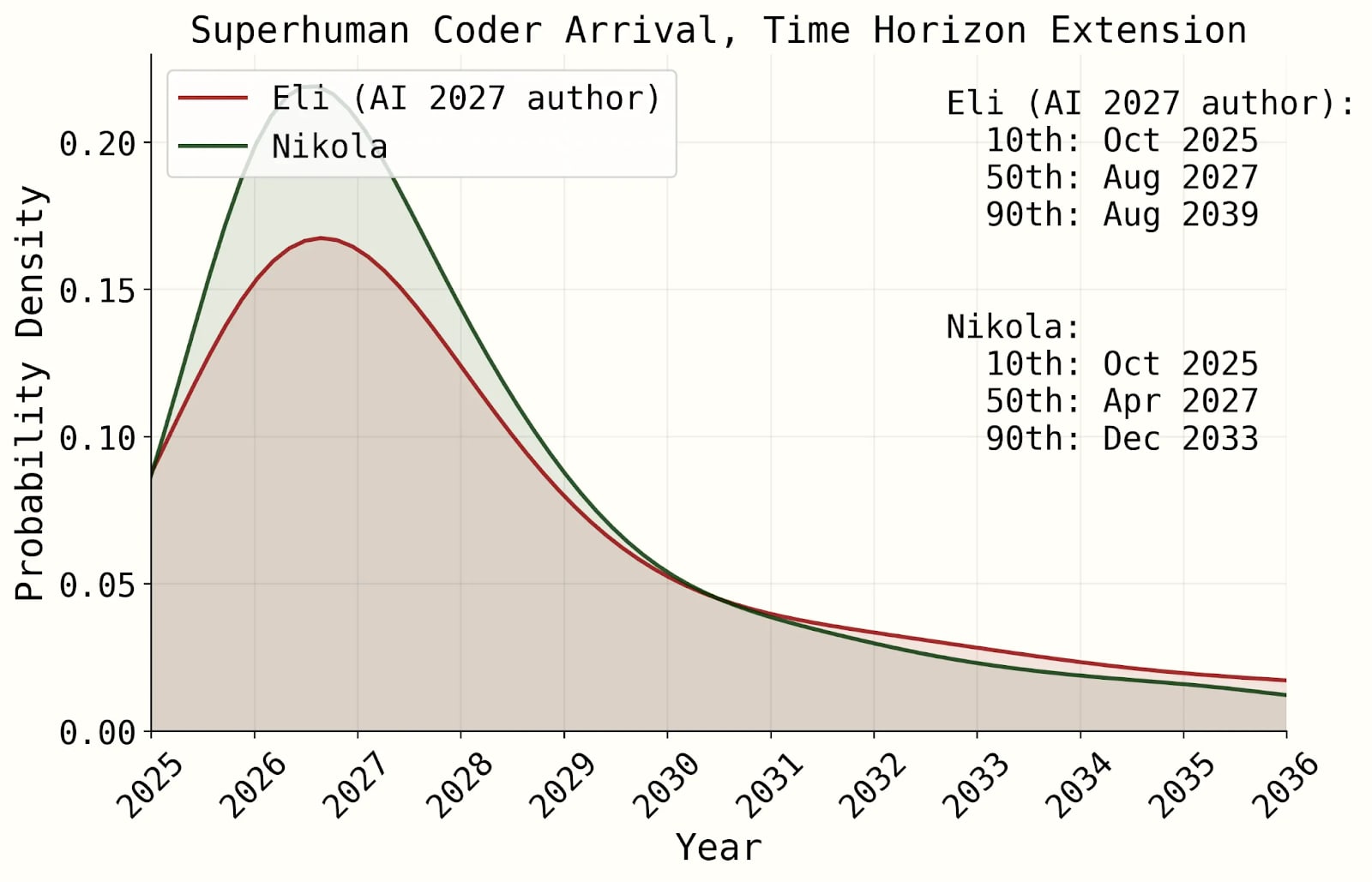This short post is essentially a response to Ozzie Gooen's recent post Ambitious Altruistic Software Engineering Efforts: Opportunities and Benefits. (Not posted as a comment since it is long and a little tangential, and I would like to initiate a discussion about this somewhat different direction.)
I agree with many of the points raised by Ozzie, including the benefits of, and the special situation of EA with regards to, software engineering. However, I strongly disagree with him on what kinds of projects we should focus on. Most of his examples are of tools or infrastructure for other efforts. I think that as a community we should be even more ambitious - I think we should try to execute multiple tech-oriented R&D projects (not necessarily software-oriented) that can potentially have an unusually large direct impact. I list a few examples at the end of the post.
As Ozzie says, the EA community has a very large talent and funding pool, and this has been the situation for the past few years. I am honestly surprised that there are almost no public interest technology efforts affiliated with our community by now. We are all aware that tech is a driving force in the world, affecting all aspects of life (e.g. health, agriculture and transportation, among many others). On the other hand, almost all actors in tech are motivated by, or at least highly constrained by, financial considerations. This suggests that there are probably many low hanging fruits in tech where an altruistically minded organization could potentially have an unusually large impact. Therefore, I think that we should encourage many more individuals to found such efforts, and financially support promising projects.
As someone who considered founding such an organization, it seems to me that the funding situation in EA is currently very unfavorable to such efforts. Moreover, it seems that most of the discussion about tech in EA revolves around AI safety, leaving behind many talented individuals who don't want to work on AI safety for one reason or another. Furthermore, focusing tech solely around AI safety seems very unhealthy from worldview diversification considerations.
I want to emphasize two considerations for such efforts:
- Optimize for impact. I think that a typical tech project is unlikely to be cost-effective in terms of impact. Therefore, I think that the leadership has to be motivated by impact, and that if a large amount of money or talent from the EA community are dedicated to a project, it should seem very promising.
- Don't have to be (solely) EA funded, non-profit or use EA talent. EAs can initiate such projects, but use money or talent outside of EA. I think that this "trick" makes many projects that otherwise don't seem so promising become much more promising, since the cost-effectiveness in terms of EA resources spent increases.
Here are a few examples that I am aware of that are at least somewhat related to the EA community. I want to be clear that I am not very familiar with some of these efforts and therefore don't necessarily endorse them or think that they are very impactful. I find this list to be embarrassingly short (partially due to my ignorance, but mostly because there are very few examples). Some other tech-oriented projects which seem promising, but are not affiliated with EA, are listed in my post on my career decision-making process.
- Karmel group at Google, led by Sella Nevo - consists of multiple teams working on several problems including flood forecasting and AI for traffic lights among others.
- Wave and Sendwave - see their AMA post on the EA forum.
- Convergent Research.
- New Science.
- Telis - see Kyle Fish's recent post on his work there.
- Multus.
- Alvea - see Kyle Fish's recent announcement post. (Added to list on 18 Feb 2022)
In summary, I think that there are many low hanging fruits in tech, which members of the EA community can work on. I am eager to see us expanding to these directions, and I humbly hope that this short post will contribute to the discussion about these ideas. If anyone wants to discuss these matters privately, feel free to email me (shaybm9@gmail.com) or send me a message on the EA forum.



Thanks for clarifying Ozzie!
(Just to be clear, this post is not an attack on you or on your position, both of which I highly appreciate :). Instead, I was trying to raise a related point, which seems extremely important to me and I was thinking about recently, and making sure the discussion doesn't converge to a single point).
With regards to the funding situation, I agree that many tech projects could be funded via traditional VCs, but some might not be, especially those that are not expected to be very financially rewarding or very risky (a few examples that come to mind are the research units of the HMOs in Israel, tech benefitting people in the developing world [e.g. Sella's teams at Google], basic research enabling applications later [e.g. research on mental health]). An EA VC which funds projects based mostly on expected impact might be a good idea to consider!